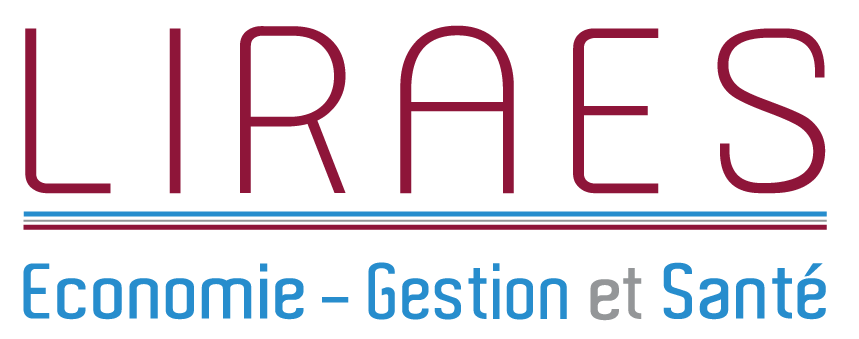Bertrand Chopard, Marie Obidzinski, Public law enforcement under ambiguity, International Review of Law and Economics, Volume 66, 2021, 105977, ISSN 0144-8188. https://doi.org/10.1016/j.irle.2021.105977
Abstract
In real life situations, potential offenders may only have a vague idea of their own probability of getting caught and possibly, convicted. As they have beliefs regarding this probability, they may exhibit optimism or pessimism. Thus there exists a discrepancy between the objective expected fine and the subjective expected fine. In this context, we investigate how the fact that the choice whether or not to commit an harmful act is framed as a decision under ambiguity can modify the standard Beckerian results regarding the optimal fine and the optimal resources that should be invested in detection and conviction.
Keywords
Deterrence; Pessimism; Optimism; Ambiguity
JEL classification
D81, K42
